Hands-On Vision and Behavior for Self-Driving Cars. Explore visual perception, lane detection, and object classification with Python 3 and OpenCV 4 Luca Venturi, Krishtof Korda
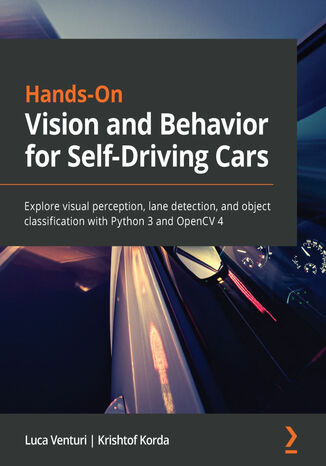



- Autorzy:
- Luca Venturi, Krishtof Korda
- Wydawnictwo:
- Packt Publishing
- Ocena:
- Stron:
- 374
- Dostępne formaty:
-
PDFePubMobi
Opis
książki
:
Hands-On Vision and Behavior for Self-Driving Cars. Explore visual perception, lane detection, and object classification with Python 3 and OpenCV 4
You will learn about computer vision, deep learning, and depth perception applied to driverless cars. The book provides a structured and thorough introduction, as making a real self-driving car is a huge cross-functional effort. As you progress, you will cover relevant cases with working code, before going on to understand how to use OpenCV, TensorFlow and Keras to analyze video streaming from car cameras. Later, you will learn how to interpret and make the most of lidars (light detection and ranging) to identify obstacles and localize your position. You’ll even be able to tackle core challenges in self-driving cars such as finding lanes, detecting pedestrian and crossing lights, performing semantic segmentation, and writing a PID controller.
By the end of this book, you’ll be equipped with the skills you need to write code for a self-driving car running in a driverless car simulator, and be able to tackle various challenges faced by autonomous car engineers.
Wybrane bestsellery
Packt Publishing - inne książki
Dzięki opcji "Druk na żądanie" do sprzedaży wracają tytuły Grupy Helion, które cieszyły sie dużym zainteresowaniem, a których nakład został wyprzedany.
Dla naszych Czytelników wydrukowaliśmy dodatkową pulę egzemplarzy w technice druku cyfrowego.
Co powinieneś wiedzieć o usłudze "Druk na żądanie":
- usługa obejmuje tylko widoczną poniżej listę tytułów, którą na bieżąco aktualizujemy;
- cena książki może być wyższa od początkowej ceny detalicznej, co jest spowodowane kosztami druku cyfrowego (wyższymi niż koszty tradycyjnego druku offsetowego). Obowiązująca cena jest zawsze podawana na stronie WWW książki;
- zawartość książki wraz z dodatkami (płyta CD, DVD) odpowiada jej pierwotnemu wydaniu i jest w pełni komplementarna;
- usługa nie obejmuje książek w kolorze.
Masz pytanie o konkretny tytuł? Napisz do nas: sklep@helion.pl
Książka drukowana


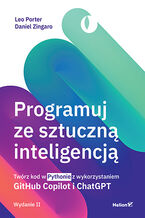





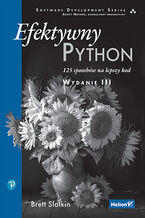
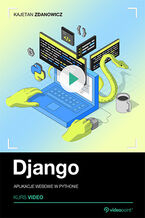








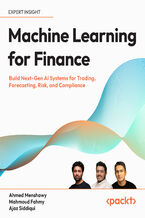

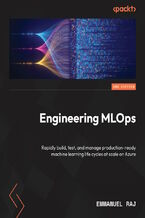
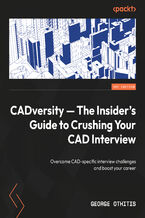
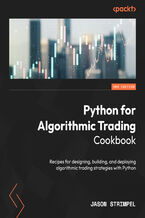
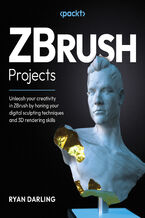
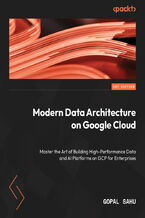
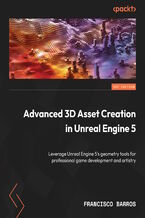
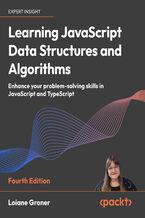
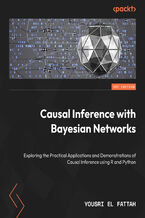
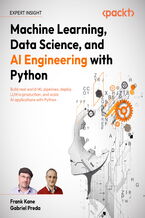



Oceny i opinie klientów: Hands-On Vision and Behavior for Self-Driving Cars. Explore visual perception, lane detection, and object classification with Python 3 and OpenCV 4 Luca Venturi, Krishtof Korda
(0)